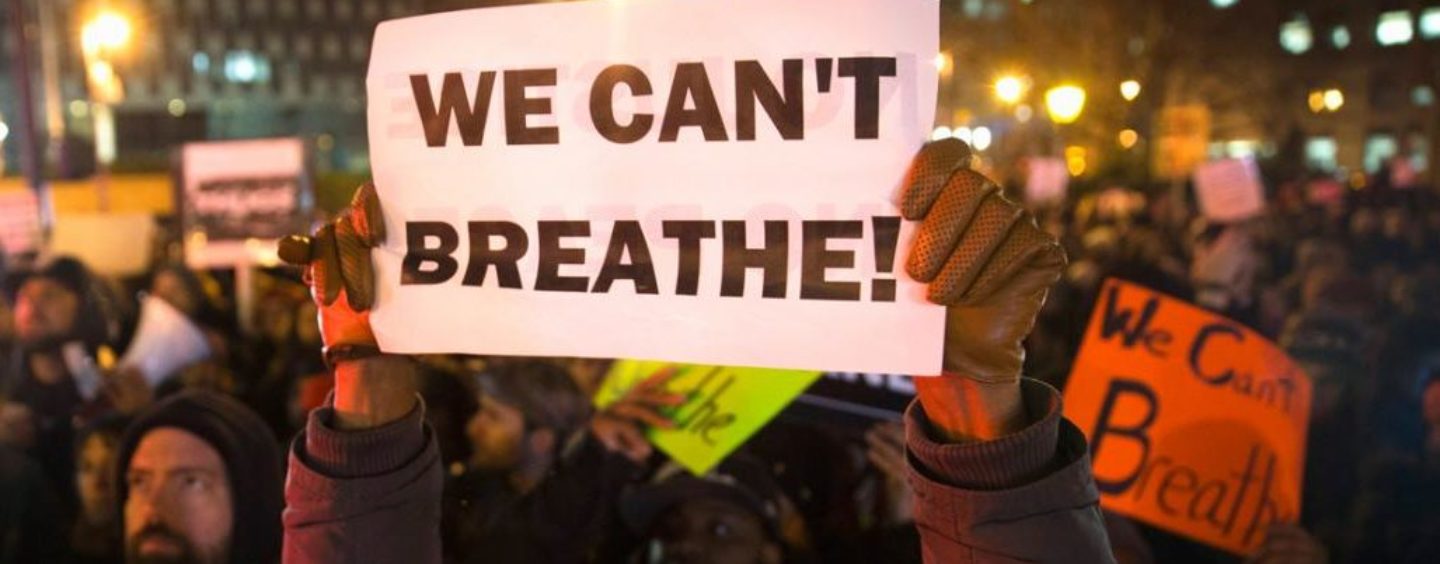
Improved NYPD Stop-and-Frisk Training Not a Silver Bullet, Say Rights Attorneys
by Center for Constitutional Rights 11/20/2017New York – In response to the new stop-and-frisk training materials that will be used to train all NYPD patrol officers, sergeants, and lieutenants over the next 18 months to 2 years, and which were developed under a federal court order to correct the legally incorrect training officers received for many years, the Center for Constitutional Rights issued the statement below. The training is the result of more than a year of collaborative work by the NYPD, the federal monitor, the Center for Constitutional Rights, and the other plaintiffs’ lawyers in Floyd and the other two stop-and-frisk lawsuits.
This training, in which we had a lot of input, is a significant improvement on the legally incorrect training that NYPD officers received in the past. However, training is not a silver bullet. Unless and until it is combined with court-ordered reforms to the NYPD’s systems for supervising and monitoring stops and disciplining officers who make illegal stops, we are unlikely to see real change in the way the NYPD conducts stops and frisk on the streets of New York City.
The Center for Constitutional Rights filed the federal class action lawsuit Floyd, et al. v. City of New York, et al. against the City of New York to challenge the New York Police Department’s practices of racial profiling and unconstitutional stop and frisks of New York City residents. The named plaintiffs in the case – David Floyd, David Ourlicht, Lalit Clarkson, and Deon Dennis – represent the thousands of primarily Black and Latino New Yorkers who have been stopped without any cause on the way to work or home from school, in front of their house, or just walking down the street.
In a historic ruling on August 12, 2013, following a nine-week trial, a federal judge found the New York City Police Department liable for a pattern and practice of racial profiling and unconstitutional stops. Under a new administration, the City agreed to drop its appeal and begin the joint remedial process ordered by the court. After attempts by the police unions to derail the process, the United States Court of Appeals at last allowed the City to officially withdraw its appeal in October 2014, and the joint reform process – in which all stakeholders, from community groups to the NYPD, come together to agree on solutions – is being mapped out.
The Floyd case stems from CCR’s landmark racial profiling case,Daniels, et al. v. City of New York, et al., which led to the disbanding of the infamous Street Crime Unit and a settlement with the City in 2003. The Daniels settlement agreement required the NYPD to maintain a written racial profiling policy that complies with the United States and New York State constitutions and to provide stop-and-frisk data to CCR on a quarterly basis from 2003 through 2007. However, an analysis of the data revealed that the NYPD had continued to engage in suspicionless and racially pretextual stop and frisks, and so CCR filed Floyd.
Floyd focuses not only on the lack of any reasonable suspicion to make these stops, in violation of the Fourth Amendment, but also on the obvious racial disparities in who is stopped and searched by the NYPD – approximately 85 percent of those stopped are Black and Latino, even though these two groups make up only 52 percent of the city’s population – which constitutes a violation of the Equal Protection Clause of the Fourteenth Amendment. A landmark case, Floydcontinues CCR’s founding tradition of working with grassroots groups and directly affected communities to fight for racial justice.
The Center for Constitutional Rights is dedicated to advancing and protecting the rights guaranteed by the United States Constitution and the Universal Declaration of Human Rights. Founded in 1966 by attorneys who represented civil rights movements in the South, CCR is a non-profit legal and educational organization committed to the creative use of law as a positive force for social change. Visit www.ccrjustice.org. Follow @theCCR.



No Comments so far
Jump into a conversationNo Comments Yet!
You can be the one to start a conversation.Only registered users can comment.